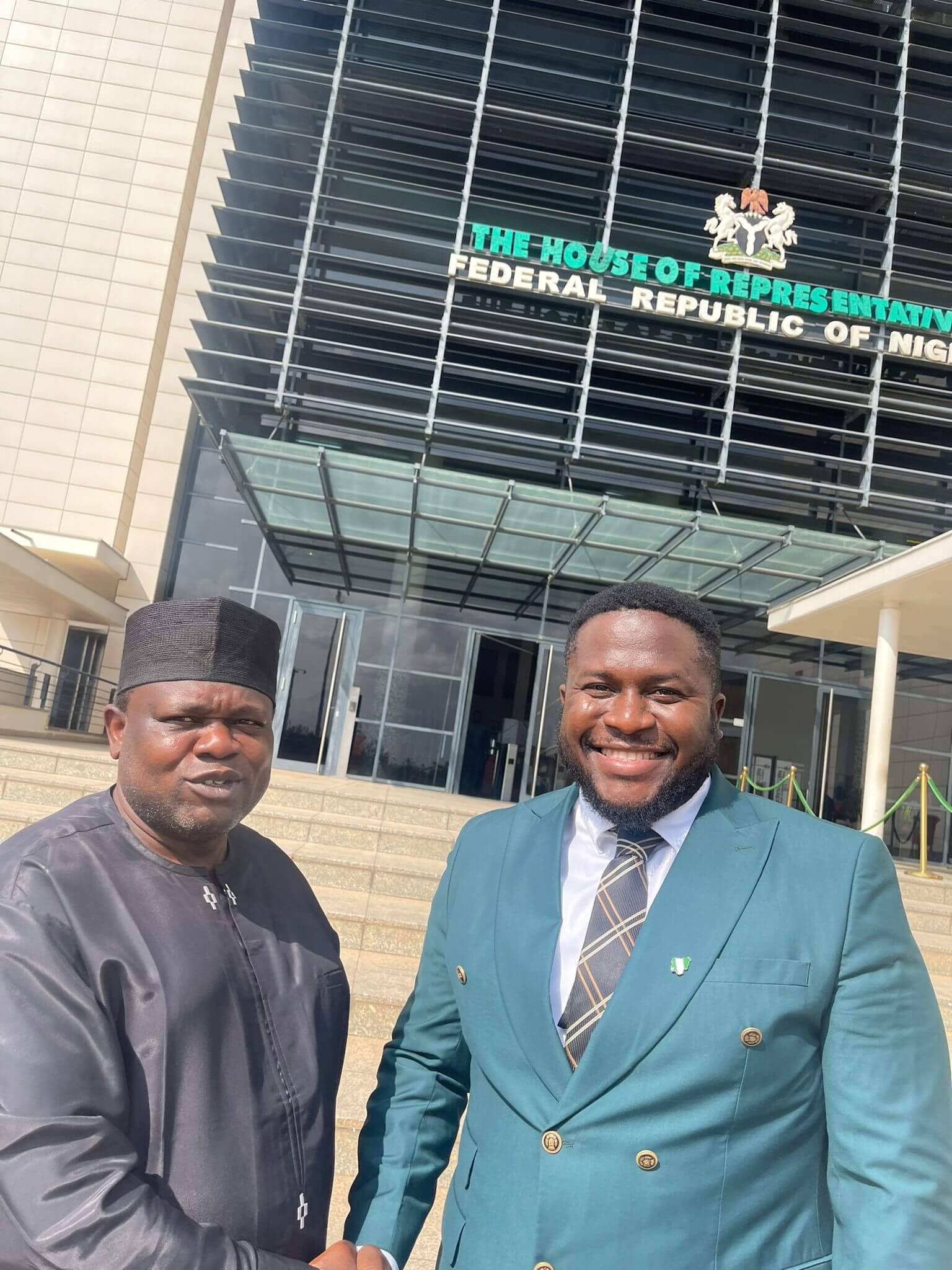The Deputy Speaker, House of Representatives, has expressed commitment to collaborating with Ministries, Departments and Agencies, as well as other education stakeholders, to develop a legislative framework for transnational education.
According to a statement from the Office of the Deputy Speaker, this initiative aims to ensure sustainable growth in the education sector.
Partnering educational and diplomatic entities, the Deputy Speaker believes in the transformative power of policy to enhance learning landscapes.
The statement reads, “The focus is on establishing International Education Commission to promote educational excellence and international collaboration.”
Working closely with legislative and ad hoc committees, Senior Legislative Aide to the Deputy Speaker, Mr Osobase Ehizua, is leading efforts to develop a long-term legislative roadmap for transnational education in Nigeria.
The goal, he disclosed, is to support the growth of the education sector, enhance bilateral relations and provide education as an exportable service to boost the country’s Gross Domestic Product.
He stated, “The upcoming consultation process will pave the way for the establishment of an International Education Commission in Nigeria. This initiative aims to transform regional education, develop market strategies and ensure the safety of Nigerians studying abroad.”
In this vein, the Deputy Speaker’s office has invited government agencies, regulatory bodies, local and transnational education stakeholders and organisations to join in building a new social contract for transnational education, fostering peace, justice and sustainability in education.
Education could be an export item for Nigeria similar to other destinations Nigerians have been travelling to study.
Post-pandemic, education export has contributed massively to countries’ GDP as follows Ghana $1.1bn, Canada $22bn, Australia $29bn, UK $33bn and US $39bn.
The benefits of transnational education are far-reaching, the Deputy Speaker’s office noted, citing enhanced educational landscape through co-funded scholarship programmes and student support services, as well as establishment of foreign universities.
“This initiative not only enriches the local educational ecosystem but also aligns with global trends where countries like the United States and the United Kingdom benefit significantly from education exports yearly.
“As Nigeria experiences a surge in higher education interest, partnerships with key players such as China, UK, Canada, US and Australia are crucial to meeting the growing demand for quality education,” the office asserted.
It is noteworthy that in the post-pandemic world, focusing on education as a tradable service not only drives economic growth but also fosters cross-border relationships, emphasising Nigeria’s commitment to global partnerships and excellence in research and teaching.
Ehizua noted, “The present geopolitical, economic and policy contexts in Nigeria have posed challenges for transnational education activities, with a focus on other sectors in the past.
“Higher education providers in Nigeria have found it difficult to establish collaborative research activities with foreign education providers. Despite the misconceptions about funding, there is significant interest from foreign universities, investors and organisations in partnering the Nigerian education sector in the right environment.”
Nigeria’s education sector offers vast opportunities, supported by a vibrant youth population making global impact. With over 90 million people under 18 years of age, Nigeria ranks as the world’s third-largest youth population, trailing only India and China. The country’s international education activities have negatively influenced the economy, leading to substantial forex outflows for tuition fees and Personal Travel Allowances.
Get real time update about this post categories directly on your device, subscribe now.



